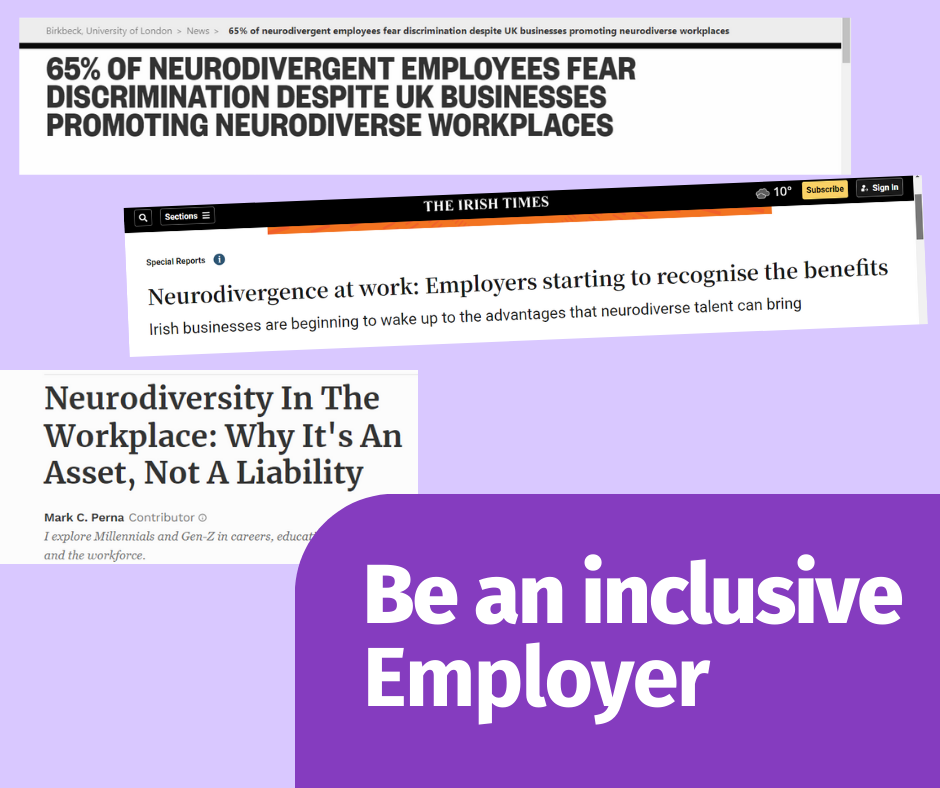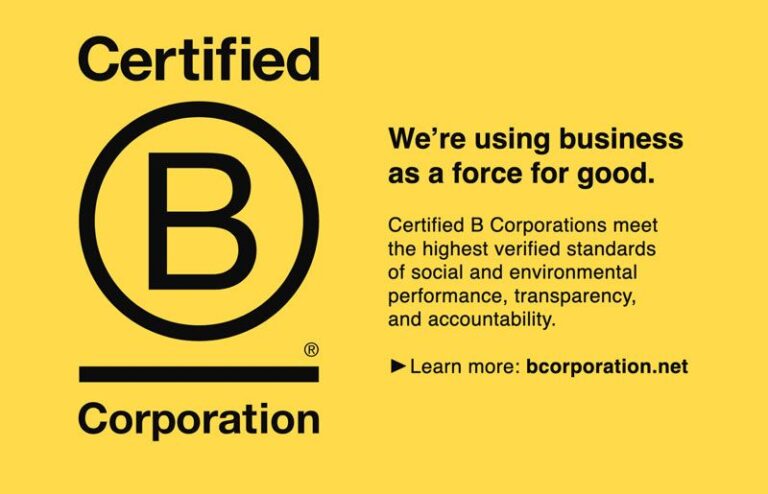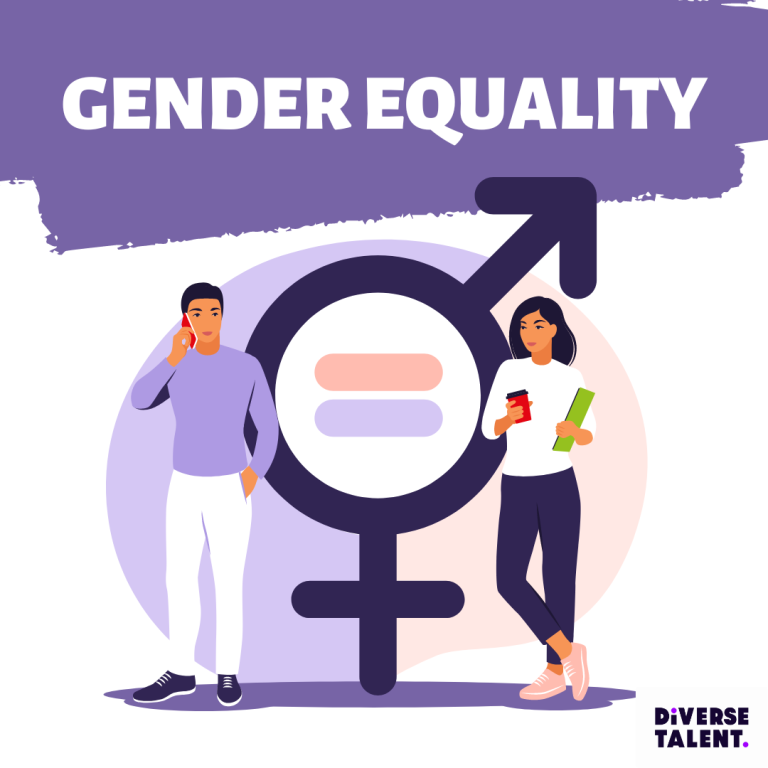In the ever-evolving work environments, diversity and inclusion policies are being recognized as essential components for fostering innovation, creativity, and productivity. Among the various dimensions of diversity, neurodiversity is gaining recognition for the unique perspectives and talents it brings to the table.
Neurodiverse individuals, including those with autism, ADHD, dyslexia, and other neurological differences, offer valuable skills and insights that can enrich workplaces. However, to fully leverage their potential, employers need to create supportive and inclusive environments.
Here are six ways employers can champion neurodiversity and enhance their workplaces:
Promoting Awareness and Understanding
Many misconceptions surround neurodiversity, leading to stigma and discrimination in the workplace. Employers can combat this by providing training and awareness programs to educate staff about neurodiverse conditions. According to the National Autistic Society, in the UK, only 22% of autistic adults are in any kind of employment. By fostering understanding, employers can break down barriers and create a culture of acceptance.
Flexible Work Arrangements
Flexibility is key for accommodating diverse needs. Offering flexible work hours, remote work options, and personalized adjustments can empower neurodiverse employees to thrive. A study by the Chartered Institute of Personnel and Development (CIPD) found that flexible working practices can lead to a 30% increase in job satisfaction and work-life balance. By embracing flexibility, employers not only support neurodiverse employees but also enhance overall employee well-being.
Providing Clear Communication Channels
Clear communication is essential for all employees, but it’s especially crucial for neurodiverse individuals who may process information differently. Employers can ensure clarity by providing written instructions, visual aids, and regular check-ins. According to the UK government’s Access to Work scheme, such accommodations can improve productivity by up to 72%. By adopting clear communication practices, employers create an inclusive environment where all employees can thrive.
Tailoring Recruitment and Hiring Processes
Traditional recruitment processes often overlook neurodiverse talent. Employers can rectify this by implementing inclusive hiring practices such as skills-based assessments, alternative interview formats, and partnerships with neurodiversity-focused organizations. Research from the Chartered Institute of Management Accountants (CIMA) shows that diverse teams are 35% more likely to outperform their non-diverse counterparts. By tapping into neurodiverse talent pools, employers gain a competitive edge in the marketplace.
Creating Sensory-Friendly Workspaces
Sensory sensitivities are common among neurodiverse individuals. Employers can create a more inclusive environment by offering sensory-friendly workspaces with adjustable lighting, noise-cancelling headphones, and designated quiet areas. A survey by the National Autistic Society found that 64% of autistic people avoid the shops due to sensory overload. By accommodating sensory needs, employers demonstrate their commitment to creating inclusive spaces where everyone feels valued and supported.
Providing Ongoing Support and Development
Continuous support and development opportunities are vital for all employees’ growth, including neurodiverse individuals. Employers can offer mentorship programs, coaching sessions, and skills training tailored to individual needs. According to a report by the UK’s Office for National Statistics, investing in employee training can increase productivity by 12%. By investing in the professional development of neurodiverse employees, employers foster a culture of learning and advancement.





